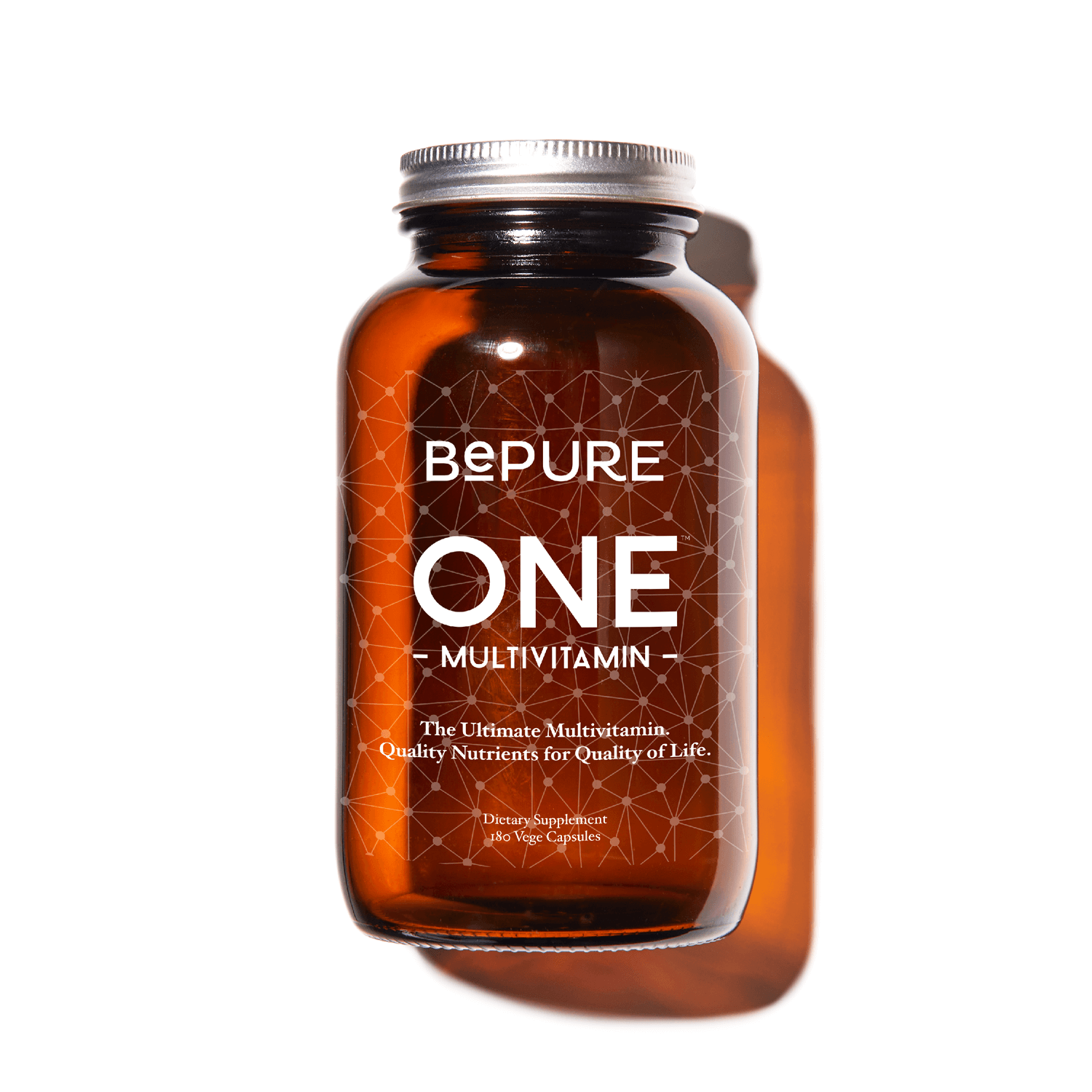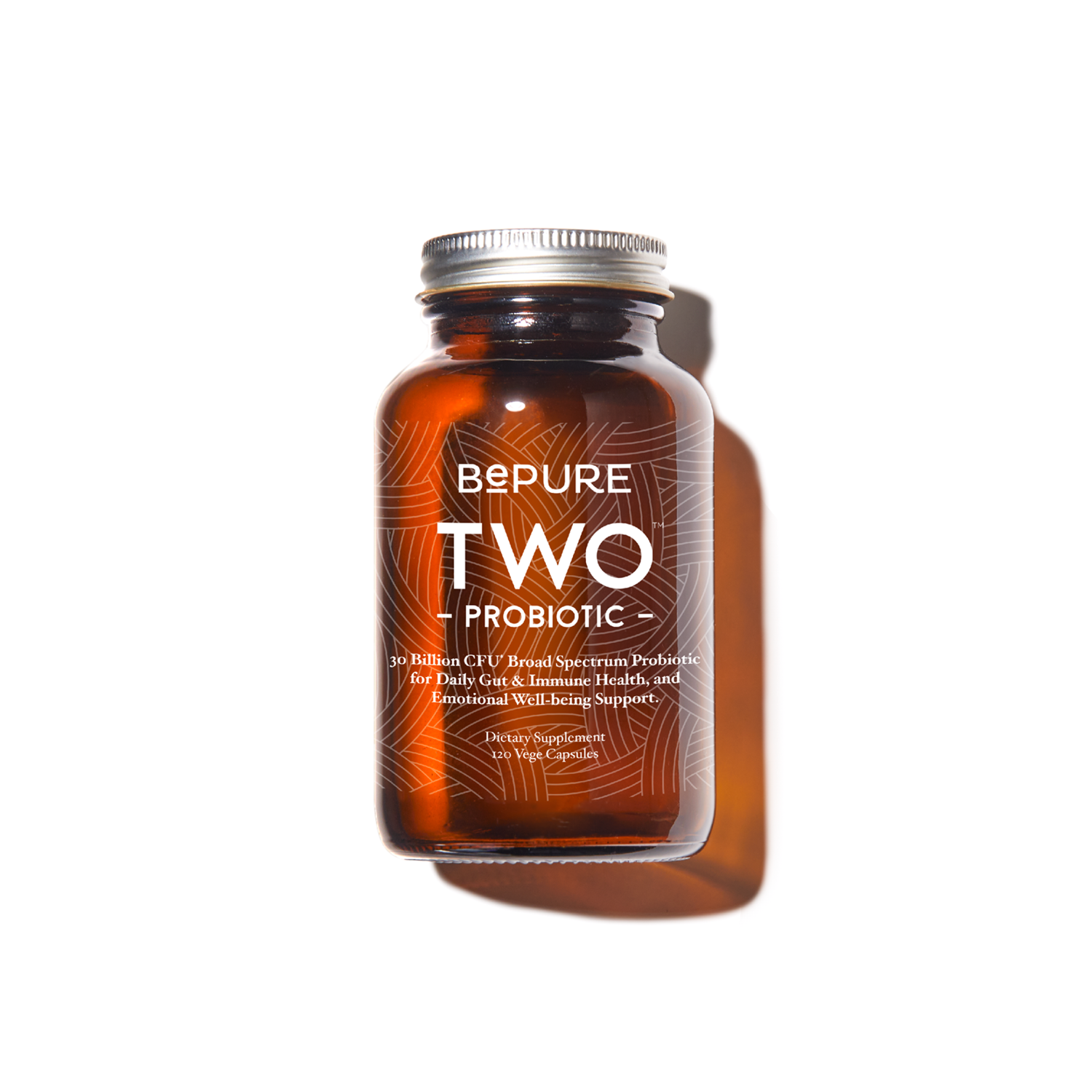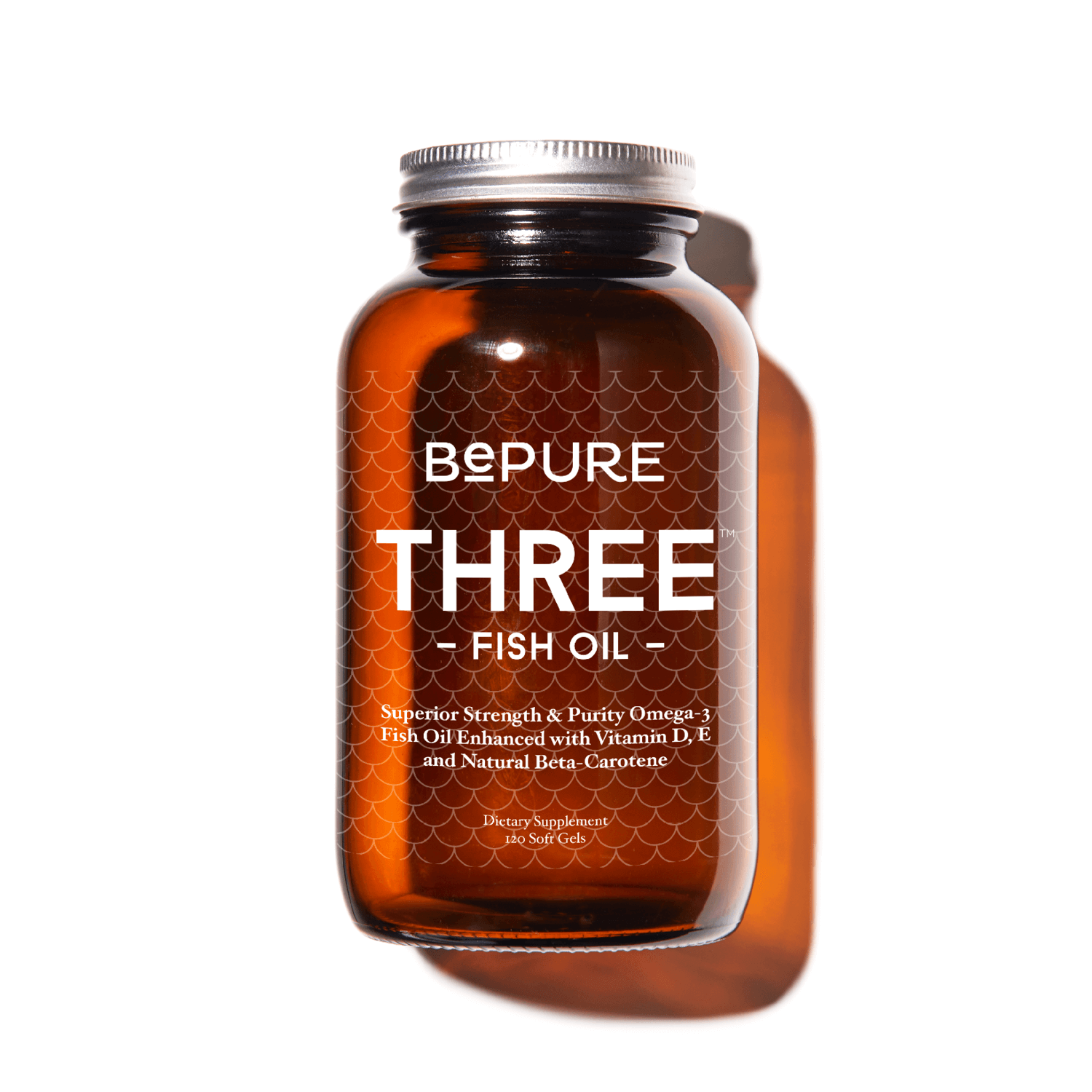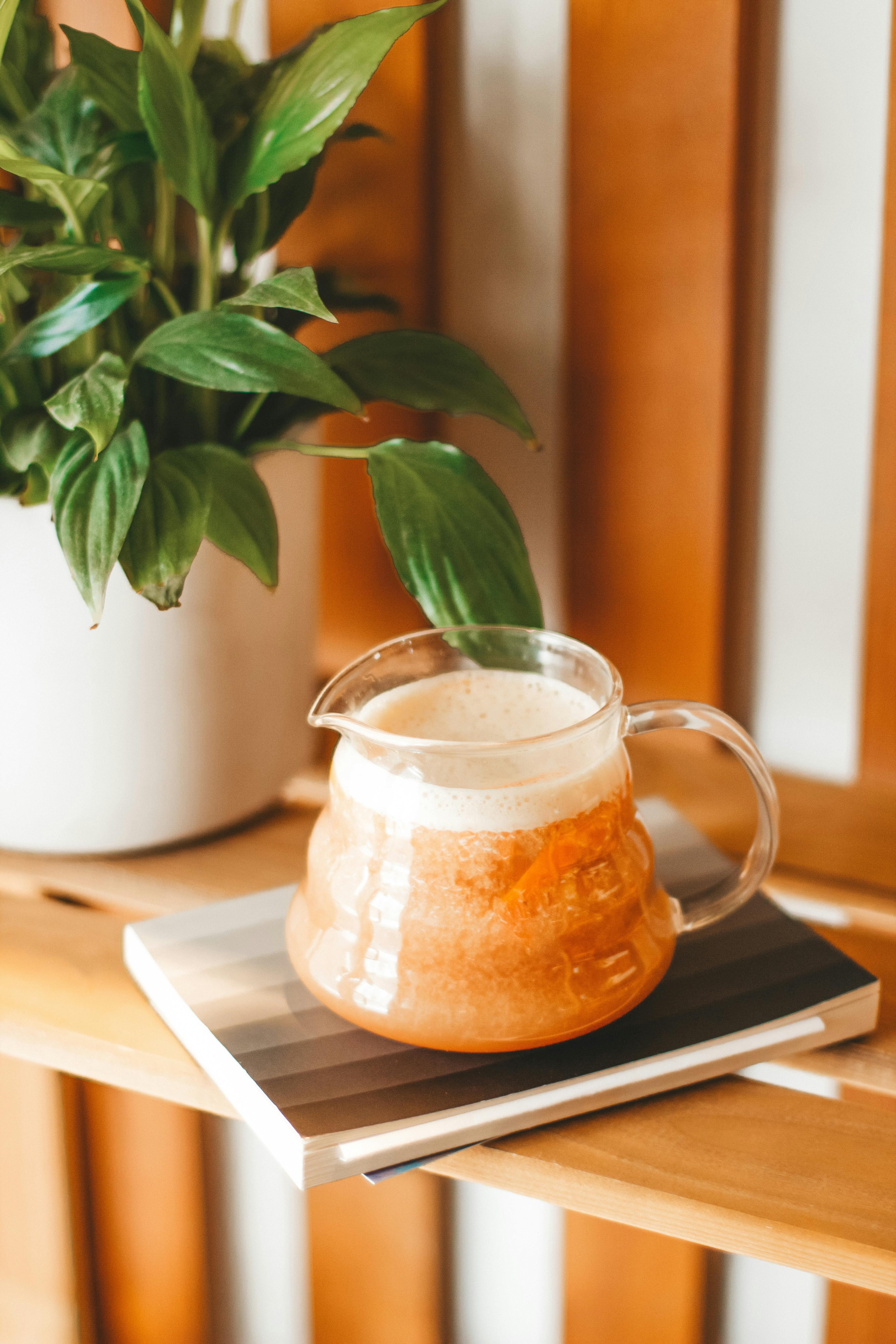Kombucha is a probiotic soda made from tea, sugar and a SCOBY. A SCOBY is a symbiotic culture of bacteria and yeast and is an organism that consumes the sugar in the brew and ferments it to create a delicious drink that is great for gut health.
Kombucha can be bought from many cafes and health shops, but it is actually incredibly easy and inexpensive to make at home.
Some people worry about the sugar used in making kombucha, but it is added for the SCOBY to eat. The SCOBY uses caffeine and sugar, and in the process, ferments the tea.
Why drink Kombucha?
Fermented foods used to be an integral part of our diets, due to the fact that fermentation enabled us to keep a food longer than it would normally last. The fermentation process creates enzymes that help your stomach break down and digest your food better, as well as an army of ‘good gut bacteria’, which aids your digestive process, the elimination of toxins via the correct channels, removal and recycling of excess hormones from your system, as well as strengthening your immune system.
Kombucha is an easy-to-make and delicious fermented food that you can enjoy every day; once you’ve made it, it won’t seem daunting.
Because fermented foods have such a profound effect on your gut and digestive system directly, it is recommended that you start slowly and wean yourself into it. Start with 100mL a day for adults and 30mL day for kids.
Basic Kombucha Recipe
Ingredients
- 1x SCOBY (ask your local community for one, the fermentation process results in more SCOBY’s every time you make kombucha. Someone who makes their own ‘booch will be overrun with SCOBYs)
- 2x litres tea (green or black, as long as it is caffeinated), and ensure it is completely cold. Brew your tea in a pot on the stove, and allow to cool until it is totally cold before using it (to avoid killing your SCOBY). We use 5 tea bags to 2 litres of boiling water when making my tea.
- ½ cup organic raw sugar
Directions
- Put your boiling water, tea bags and sugar into a pot on the stove. A good idea is to put them all together in the morning and allow it to brew and cool the whole day. This ensures the tea is super cool by the end of the day when you actually start the fermenting process.
- When your tea is cold, remove the tea bags and pour your tea into a big glass jar - big enough to fit all your tea with about a quarter of the jar empty.
- Add your SCOBY to your tea, and cover the top of the jar with a tea towel or muslin cloth and keep this tied with a hair tie or piece of string. The towel or cloth covering it means your kombucha can breathe and ferment. Keep on your kitchen bench out of direct sunlight.
- If your entire bench is always covered in sunlight, store in your pantry instead. Keep covered for a minimum of seven days, maximum of about ten. The time of year will affect how long you leave the mixture.
- You can check your ‘booch at the 7 day point—uncover and have a sniff. You’ll be able to smell the fermentation happening; if your ‘booch smells like vinegar, it's definitely done; in fact, it’s a little overdone; no harm done, just not quite as tasty. Give it a taste; you want it to be fizzy, not too sweet, not too tart.
- If it’s not quite done yet, simply re-cover and keep stored for a few more days. Once you’re happy with your brew, remove the SCOBY. Simply transfer it directly to a fresh batch of tea for fermentation.
- Transfer your kombucha into glass jars or bottles to store in the fridge. Keep the lids screwed only loosely for the first couple of hours (don’t put in the fridge just yet) to increase the fizziness of your ‘booch. After a couple of hours tighten the caps and pop into the fridge, to be enjoyed daily.



